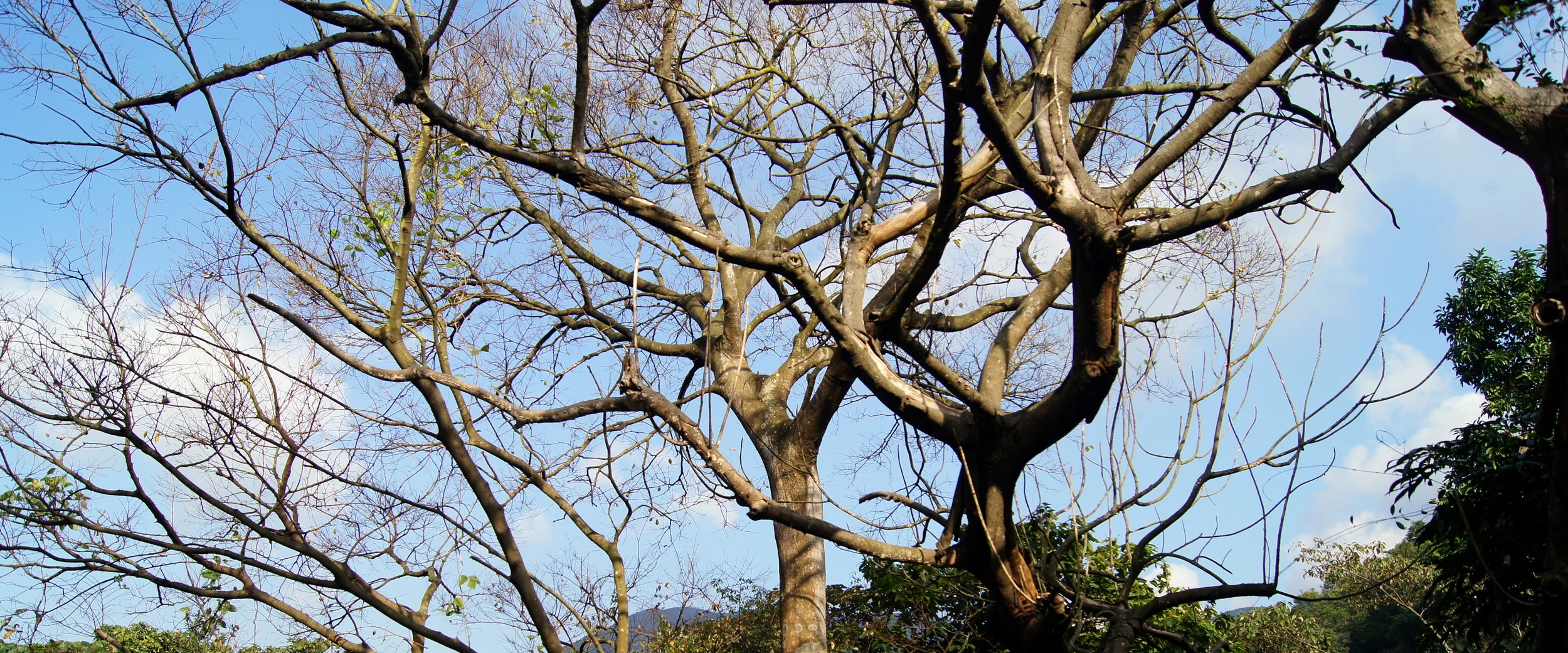Survival Tips Online and Hopefully on Lantau
In cities across Asia people don't think much about practical survival. We all have short memories. Most of us aren't very good students of history and so we take for granted the way things are right now. Kids sit for hours playing computer games in shops in Ho Chi Min City, Osaka, Bangkok and Shanghai. I've seen young people on a beach in Kamakura screaming in terror at the site of a fish or an insect. In Asia, education focusing on survival in natural surroundings is shallow and inadequate. Most kids in Asia might spend a week at the most in a national park - if they're lucky.
America has a unique culture predisposing it towards a romance with frontierism, exploration, and rugged individualism. The documentarian and film maker Werner Herzog calls American the most exotic country in the world because of its wide ranging cultural contrasts and extremes.
An exotic and uniquely valuable country like the United States doesn't just pop out of nowhere, there are many reasons why Americans are fanatics about freedom, power, guns, commercial trends and various religions. Think of the European settlers who came to the New World in the 15th Century. They were alone in hostile territories, living in totally new environments and many of them died before making it to their second winter or season. These people were intrepid and they had to be tough. The immigrants who followed in the late 19th and 20th Centuries faced their own set of hard challenges and needed to find ways to survive and establish themselves in their new homeland. They had to be more than resilient, they had to survive so their children could benefit from their efforts.
The World Until Yesterday was a dangerous place. What killed us 70 years ago doesn't kill us in the same numbers now. We are faced with our own challenges.
Today our supermarket culture leads many of us to an eventual battle with diabetes, hypertension, heart disease, stroke and cancer. We live long lives and struggle at the end of our lives with maladies of overconsumption and underactivity. Our distant relatives fought battles with starvation, hostile indigenous tribes and each other.
In my next post I'll write about the benefits of uneven ground; the positive stressors that actually improve our health and quality of life. It turns out that being too comfortable isn't the best way to thrive.
Hong Kong is a never ending construction project.
I'm a big fan of Survival News Online. I live in comfortable, urban and convenient Hong Kong, and in most places we have a convenience store within a fifty meters of where we happen to be standing. Hong Kong is also a territory with 108 square kilometers of land of which three quarters is countryside and parkland. Although most people think of crowded streets, dense neighborhoods with lots of high rise apartment blocks and office buildings, it's a great place to hike and bike.
Each year people get lost, injured and die in country parks in Hong Kong despite their proximity to urban areas. One of my friends is a rescue chopper pilot, and believe me he has some harrowing stories to tell. Many hikers and bikers dress appropriately and carry safety gear while out on jaunts in the beautiful, mountainous parks that afford visitors ample ocean vistas and nature watching. Even when taking precautions one can still get in trouble miles away from the Circle K.
Our world is full of complicated technology that almost none of us understand. We are forgetting survival techniques that helped our species survive for tens of thousands of years. Our world is fragile, anything could happen. How could one have predicted that a 777 would simply fly off course and disappear over the Indian Ocean? Things happen and we can't know why until many years after the event. So if stuff happens, how can we be a little bit more prepared and thrive in our normal urban lives at the same time? Can it be fun to become prepared for unlikely events?
In December we'll sail from Dominican Republic to Trinidad and there's no reason to expect the trip to be anything but fun. We're planning to produce some never before seen video of the region, and its people. Our boat is equipped with the latest survival gear and a very expensive survival raft. Should anything happen and we find ourselves on an island far from people it will take more than a season or two of Bear Grylls to help us get through the ordeal. A little study and a lot of practice is needed. Survival starts with cultivating a mindset, the first step in developing a survivor's mindset is to appreciate the value of good survival skills.
Survival News Online has very good practical advice that has nothing to do with preparing for doomsday. It's important to understand that our comfortable lives are extremely dependent on many things that we have absolutely no control over.
Check out this post about creating a bamboo knife. Don't try this without proper training and safety personnel nearby!









